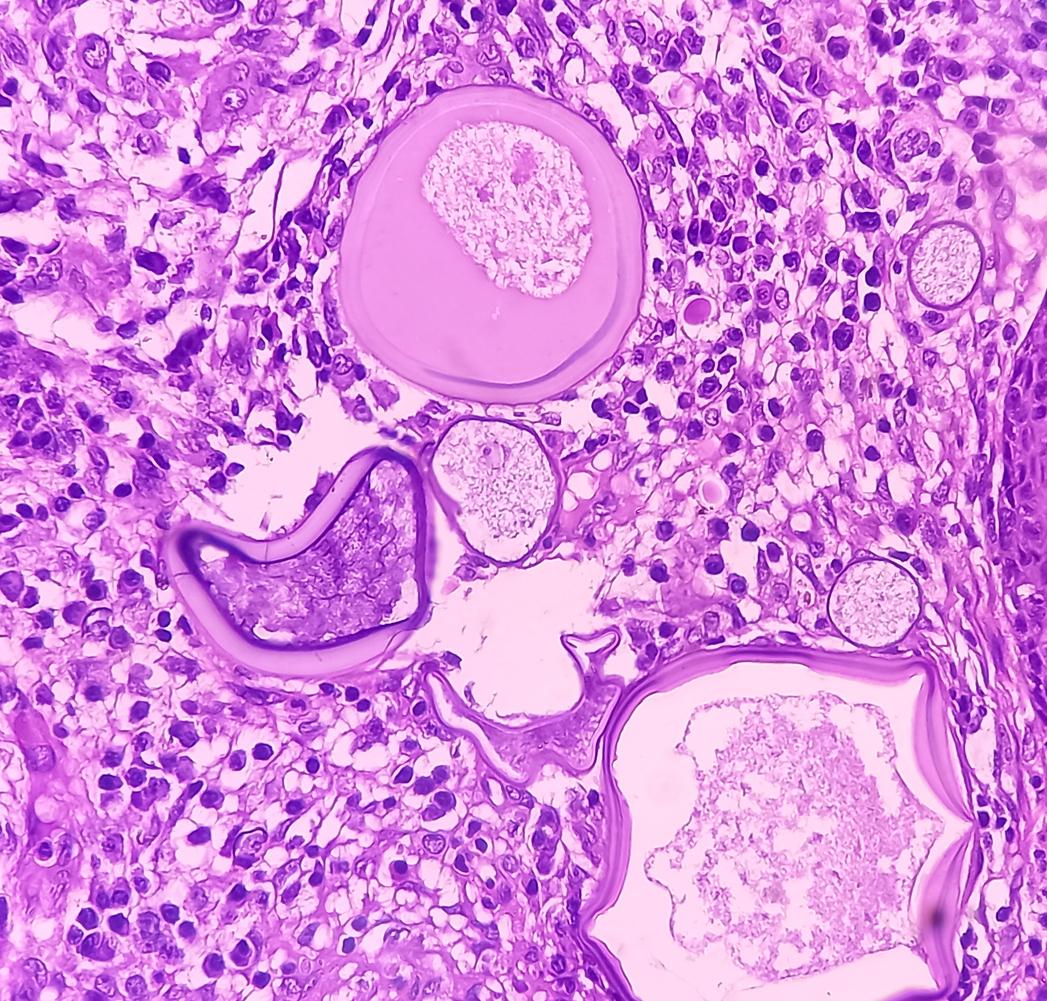By manipulating certain enzymes, it is possible to slow the growth of soft tissue sarcoma, which represents a first step towards a treatment.
--1574936278.jpg)
Some diseases represent puzzles for scientists. Take for example soft tissue sarcoma. This group of rare malignant tumors affecting the tissues that connect and surround parts of the body, such as fat, tendons, muscles, nerves and blood vessels. They can affect the whole body, but most often occur in the upper and lower limbs, as well as in the trunk. The wide extent of their prevalence makes them biologically very diverse and difficult to treat. The line of treatment followed at present includes surgery and eventual amputation, chemotherapy and radiotherapy.
However, good news is on the horizon. Researchers from the University of Pennsylvania (USA) have found that restarting the metabolic process initiated by soft tissue sarcoma cells slows the spread of cancer, making them vulnerable to treatment. Their work, published in Cell Metabolismshows that thanks to an enzyme, called FBP2, it is possible to slow down or even stop the growth of sarcoma cells, which also prevents them from developing resistance to treatment.
Reactivation of an enzyme
The study’s lead author, Celeste Simon, a professor of cell and developmental biology at the University of Pennsylvania, is enthusiastic about it. “While other types of cancer associated with high mutagenic load have benefited from the development of immunotherapies, the diversity and low frequency of genetic mutations in soft tissue sarcomas make them more difficult to treat, which is why our identification of a widely expressed metabolic approach is potentially exciting.”
Fructose-bisphosphatase 2, or FBP2, is an enzyme produced by the human body that is normally present in cells. When a soft tissue sarcoma develops, it suppresses FBP2 from cells. Celeste Simon’s team has already worked on this issue. In a previous study dated 2014 and published in the journal Naturethey had noticed that FBP1, a similar enzyme, follows the same trajectory in kidney and liver cancer.
By testing this enzyme in mice, researchers found that when soft tissue sarcoma cells re-express FBP2 like healthy cells, it stops cancer regrowth. “This happens because once these cells start behaving normally, they no longer inhibit and multiply like cancer,” says Celeste Simon. In addition, the enzymes involved in the process are located in the cell nucleus, so cancer cells can no longer adapt to their environment and develop drug resistance. This advance therefore opens the way to treatments.
Still a long way to go
This research is linked to the work of the 2019 Nobel Prize which has led to a better understanding of how cells react to environmental stresses and modify their metabolism to survive.
Although the study highlights the importance of FBP2, further research is needed to ensure that drug-induced manipulation of FBP2 yields the desired result. According to Celeste Simon, since these drugs are used in other cancer treatments, especially blood cancer, the process of making this line of treatment available to patients would be quick if research establishes its effectiveness.
.

















